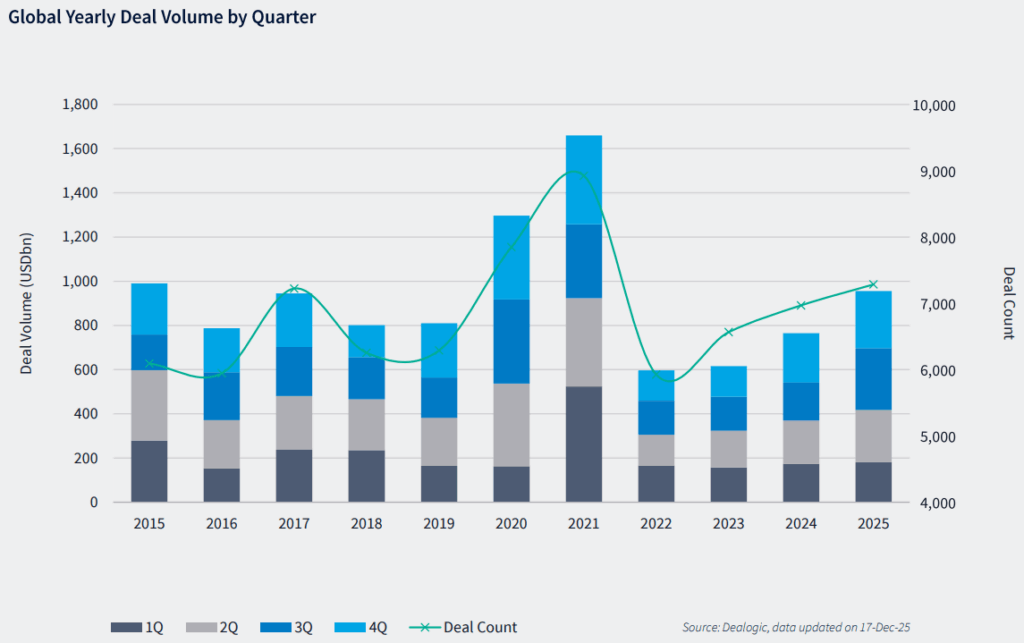ECM transactions largely on hold ahead of US election, dealmakers fear disputed result – ECM Pulse EMEA/US – Analysis
- Equity traders seem positioned for Trump win
- Boeing cash call shows deals are possible
- Disputed election could hinder IPO hopes for 2025
Equity capital markets issuers and investors, particularly in Europe, have been on the sidelines in the past few weeks, hesitant to commit capital until after this week’s US presidential election. At the same time, though, investors have poured into “Trump trade” stocks in anticipation of a win for the former president.
Investors have told ECM Pulse throughout the year that the aggressive tariff regime posed by Trump would hurt European equites and ECM, and that equity investing in the region would likely cease in the run-up to the election.
“Many investors are now firmly sitting on their hands and that means our timelines are moving a little,” said a European ECM banker.
In the US, there has been more ECM activity, most notably a USD 18.5bn cash call from Boeing [NYSE:BA] as part of a USD 24.3bn capital raise that included around USD 5.75bn in convertible debt alongside the equity tranche. But IPOs have been largely absent as buyers stay away from this less liquid, higher risk product, noted two US ECM bankers.
A second European ECM banker noted that despite the positive trading in some sectors that would be Trump beneficiaries, inactivity is evident in equities in general and volumes are low.
That, he added, have seemed to result in huge single stock moves around earnings, particularly when there have been misses, showing a greater level of volatility than suggested by headline indices.
The Trump trade
Several bankers speaking to ECM Pulse last week said the Boeing deal showed plenty of demand for equities – even with the election only days away.
Fitch Ratings noted that the aircraft manufacturer’s capital raise showed “management’s willingness to access non-debt capital sources to preserve its USD 10bn cash target, repay 2025-2026 maturities of around USD 12bn, and fund expected cash needs into 2026.” The deal allowed Boeing to avoid a potential downgrade in its credit rating, as widely reported.
As a US industry champion, in a battle for dominance with Airbus [EPA:AIR], there was also some market chatter that Boeing might be the sort of stock that could benefit from an “America First” trade policy.
But the biggest takeaway from the trade was perhaps that even at times when market risk appetite is low, large-cap listed companies can still access the equity capital markets, a theme that has resonated throughout the past two years.
A huge spike in domestic US manufacturing equities, big tech and listed American banking stocks since the start of October, also suggests equity investors are mirroring the pattern of betting markets and putting money on a Donald Trump victory on Tuesday 5 November, or more likely the morning of 6 November.
In Europe, multiple large conglomerates have in contrast underperformed in the past month, as investors likely position for the possibility of higher export tariffs to the US. In the week before the election, Trump vowed to make Europe pay a “big price” on trade.
The first ECM banker added that aside from trade wars, European markets fear the geopolitical instability that might accompany a Trump return to the White House. The former president has struck a firmly isolationist tone throughout the campaign and there are fears his friendliness with various political strongmen, most notably Russian president Vladimir Putin, could challenge geopolitical norms.
“Investors we speak to have expressed significant concerns over international relations and foreign policy,” said the first European banker.
Several IPO candidates have blamed political volatility for cancelled deals – a theme that began in 2022 with Russia’s invasion of Ukraine and has continued through various other international crises since, notably in the Middle East.
Not all European stocks are faring poorly, though. The Stoxx Europe Total Market Aerospace & Defense index has gained 25.7% YTD and is up 4.5% since the beginning of October, as investors bet on increased European defence spending amidst Trumpian isolationism.
As this news service has reported, this could open the door for European defence trades after the election should Trump win, particularly a further sell-down in Renk [ETR:R3NK] once the lock-up for sponsor Triton expires on 12 December.
“The market seems to think Trump has won already and have largely priced it in on a number of sectors, seemingly off the betting markets,” said the second European ECM banker.
Perhaps the most notable proxy for “the Trump trade” has been the stock most closely linked to Trump himself – Trump Media & Technology Group Corp [NASDAQ:DJT] – which has surged over the last month
Source: Dealogic and IDC
The company was created through a SPAC merger earlier this year. One ECM lawyer jokingly called it the greatest capital markets beneficiary of Trump’s second tilt at the White House.
More than any other stock, Trump Media has served as a barometer of the former president’s fortunes. However, a 41% fall since Tuesday 29 October, through to the close on Friday 1 November might indicate that some equity traders are losing conviction around whether Trump will be the next occupant of the White House come January. Even with the fall the stock is still up over 80% across the last month.
Instability fear
In what is essentially a 50/50 race, by polling metrics anyway, there was amusement among sources speaking to ECM Pulse about how heavily the market seemed to be forecasting a Trump win in the final week of the campaign.
“There will probably be some low-beta trading to unwind those deals if Harris wins,” noted the second European ECM banker.
However, should the result of the election be called into question, as it was in 2020, then instability could start to impact the bumper 2025 IPO pipeline.
“What the market likes is predictability,” said the first banker, reflecting on the possibility of a disputed vote and no firm view on the next president until next year.
Both European bankers said the market is still struggling to read Trump, and with whether to take him at his word, even when he is proposing measures like punishing trade tariffs on allies or a lack of commitment to NATO.
Even if Trump wins clearly this week, there is still a huge unknown hanging over the nature of his presidency. It could be an echo of his first stint in the White House, as market participants hope, or something far more radical and transformative, as his campaign rhetoric would suggest.
“The view is there is probably no predictable outcome likely to immediately come from the election,” bemoaned the first banker.
After two years of battering geopolitical instability, predictability may just be too much to hope for.













